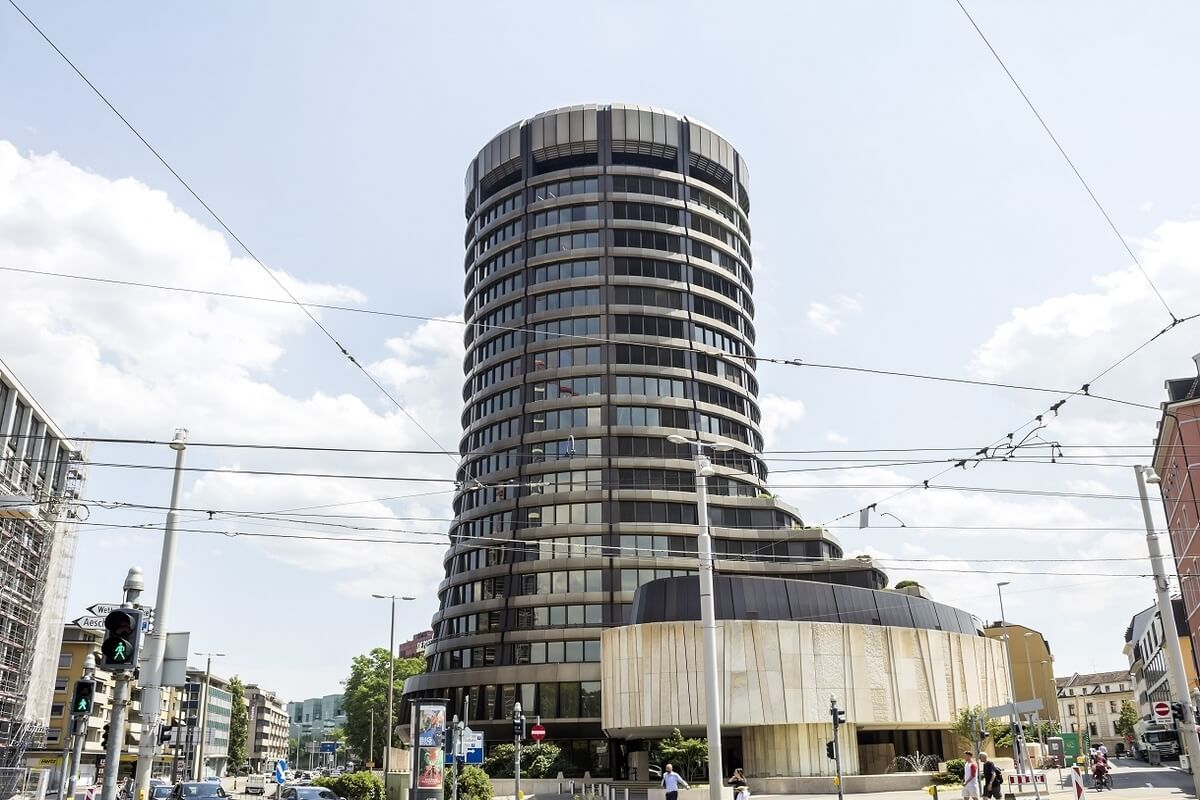BIS Sees ‘Important Role’ for DeFi, Pushes for Increased Regulation

A new report from the Bank for International Settlements (BIS), sometimes called the central bank of central banks, has come to a somewhat unexpected conclusion that decentralized finance (DeFi) could play “an important role” in the traditional financial system – but warned about potential financial instability.
According to the report, titled DeFi risks and the decentralisation illusion, DeFi could, with certain technical and regulatory improvements, become a much more important and integrated part of the broader financial system than it is today.
“History shows that the early development of novel technologies often comes with bubbles and loss of market integrity, even while generating innovations that could potentially be of broader use down the road,” the bank wrote in the report.
However, it also added that if blockchains were to improve scalability, if there is large-scale tokenization of traditional assets, and if “suitable regulation” is introduced to the market – DeFi could play “an important role in the financial system.”
Yet, although the bank acknowledged DeFi’s potential relevance, it also said that its growth “poses financial stability concerns.”
“Since collateral prices fall and margins rise at times of distress, downward price spirals often arise and may spread to the rest of the financial system,” the report said.
It added that the reason this has not yet happened is that the DeFi space still is “largely self-contained.”
Moreover, the report pointed to stablecoins as an area of particular concern, saying that these are “neither central bank money nor commercial bank money.”
It argued that,
“[S]tablecoins are prone to runs, which would compromise their ability to transfer funds within the DeFi ecosystem.” This could cause “funding shocks” for both banks and companies, with the potential for a “severe impact” on the financial system and the economy.
To better control these risks, the BIS suggested that the regulatory framework which already exist in traditional finance should also be applied to the DeFi space, and that tools already used to regulate and supervise banks could be expanded to also cover stablecoin issuers.
Lastly, the report focused on what it called the “illusory” decentralization in DeFi, saying protocols have an “inescapable need for centralised governance,” in particular when it comes to making strategic and operational decisions.
It further suggested that the characteristic governance structures of DeFi protocols, which it said “favour a concentration of power,” could also serve as “natural entry points” for regulators.
“Public authorities would need to interface with DeFi’s inherent governance structures, so as to ensure sufficient financial stability safeguards as well as to enhance trust by addressing investor protection issues and illegal activities,” the BIS argued.
The report from BIS today follows a massive rise in the use of DeFi protocols over the course of 2021. Since the beginning of the year, total value locked (TVL) in DeFi protocols has risen from USD 21.55bn on January 1, to USD 253.6 as of Sunday, according to DeFi Llama.
The BIS is an international financial institution headquartered in Basel, Switzerland. The institution is owned by 62 central banks from around the world, and is led by former Banco de México Governor Agustín Carstens.
The bank has repeatedly spoken about the rise of DeFi and stablecoins, with an official stating, as recently as in October, that the legacy financial system has entered “an age of disruption” due to these new innovations.
____
Learn more:
– 2022 Crypto Regulation Trends: Focus on DeFi, Stablecoins, NFTs, and More
– Watch: DarkFi Team on DeFi Split, Financial Privacy, Metaverse, and More
– DeFi – CeFi Convergence & ‘Explosive’ Growth Are Coming – BIS Summit Panel
– Council of European Union Advances Talks On MiCA, DORA Regulations
– ECB Publishes New Oversight Framework, Set to Include Stablecoins
– US Senate Demands Answers From Stablecoin Issuers, Expresses ‘Concerns’




